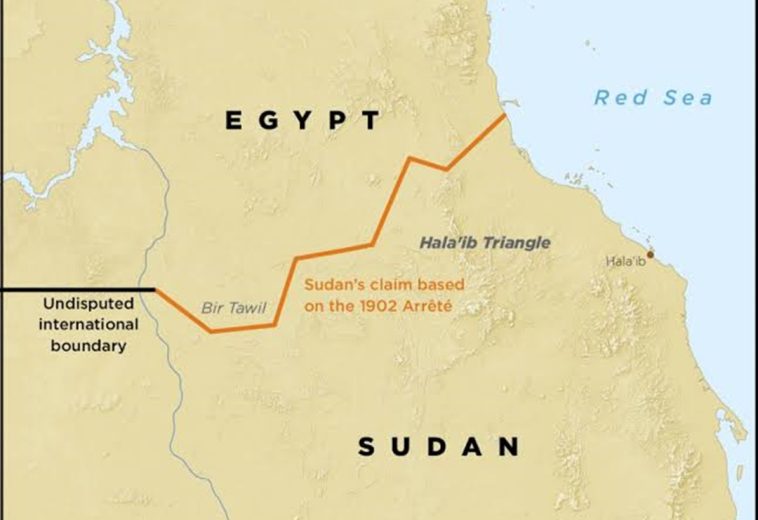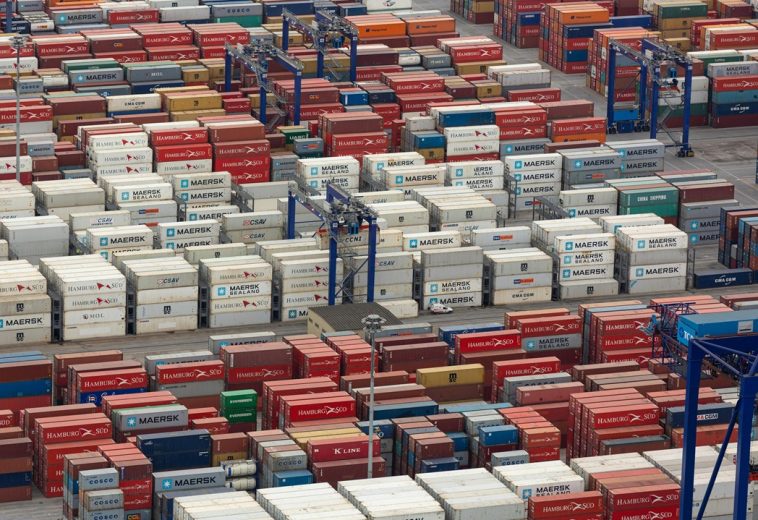Africa is home to some of the fastest-growing economies globally, with numerous countries on the continent experiencing rapid economic growth, urbanisation, and industrialisation. Among these, Nigeria stands out as one of the most promising emerging markets. As Africa’s largest economy and most populous nation, Nigeria presents significant potential, challenges, and opportunities for investors.
Overview of Nigeria’s Economy
Nigeria boasts a diverse economy comprising agriculture, mining, manufacturing, and services. Richly endowed with natural resources such as oil, natural gas, coal, and various minerals, the oil and gas sector remains the backbone of its economy, accounting for over 70% of government revenue and 90% of export earnings. However, efforts to diversify the economy are gaining momentum, with substantial investments in agriculture, manufacturing, and infrastructure.
READ ALSO: Made in Africa: How African Startups Are Disrupting Global Markets
With a population exceeding 200 million, Nigeria offers a vast and varied market for goods and services. Below are some key drivers of the Nigerian market:
Key Drivers of Nigeria’s Emerging Market
Large and Growing Population
Nigeria’s population is projected to reach 400 million by 2050, potentially becoming the third most populous country worldwide. This demographic trajectory underpins rising demand for goods and services, offering immense business potential.
Expanding Middle Class
An estimated 23% of Nigerians belong to the middle class, whose increasing disposable income is creating substantial opportunities for consumer-oriented businesses.
Rapid Urbanisation
Urbanisation is transforming cities such as Lagos, Abuja, and Kano into key economic hubs, fostering demand for housing, infrastructure, and services.
Economic Diversification
The government’s focus on diversifying beyond oil, particularly in agriculture, manufacturing, and services, is opening new investment avenues.
Infrastructure Development
Heavy investment in infrastructure—roads, bridges, railways, and power—aims to improve the business environment and reduce operational bottlenecks.
Growing Demand for Consumer Goods
Rising urbanisation and a burgeoning middle class are driving demand for essentials such as food, clothing, and electronics.
E-commerce Growth
The e-commerce sector is expanding rapidly, driven by increased internet penetration and a tech-savvy population, offering lucrative opportunities for online retailers.
Financial Services Expansion
Demand for financial services—banking, insurance, and microfinance—is growing, spurred by urbanisation and an increasingly affluent population.
Renewable Energy Opportunities
Government investments in solar and wind energy present prospects for businesses in the renewable energy sector.
Government Incentives
Policies promoting investment through tax breaks, subsidies, and other incentives further enhance the attractiveness of the Nigerian market.
Challenges Facing Investors in Nigeria
Despite its promising prospects, Nigeria faces several significant challenges:
Corruption
Corruption remains a pervasive issue, complicating business operations and deterring investment.
Underdeveloped Infrastructure
Although investments are underway, inadequate transport, unreliable power supply, and limited access to clean water still hinder business efficiency.
Security Concerns
Issues such as terrorism, kidnapping, and localised conflicts pose risks to businesses, necessitating robust security measures.
Regulatory Complexity
Navigating Nigeria’s regulatory landscape can be challenging due to bureaucratic red tape and inconsistencies.
Growth Prospects in Nigeria
Nigeria’s growth potential remains robust, driven by its large population, urbanisation, and industrial expansion. Cities like Lagos are becoming regional powerhouses, attracting investment and fostering innovation. Additionally, the government’s commitment to economic diversification and infrastructure development bodes well for sustained long-term growth.
Investment Opportunities in Nigeria
Despite its challenges, Nigeria offers numerous investment opportunities:
Infrastructure Development
Significant gaps in infrastructure present opportunities for investors in transport, energy, and utilities.
Agriculture
With vast arable land and a favourable climate, Nigeria offers potential for investments in cash crops, irrigation, and agro-processing.
Manufacturing
Investment in industries such as textiles, food processing, and consumer goods manufacturing is growing, supported by government-backed industrial zones.
Innovation and Technology
Nigeria’s tech ecosystem, exemplified by Yabacon Valley in Lagos, is thriving. Government investment in digital infrastructure supports a vibrant start-up culture, providing opportunities in fintech, healthtech, and e-commerce.
Why Invest in Nigeria?
Nigeria is undoubtedly one of Africa’s most promising emerging markets. Here are key reasons why investors should consider Nigeria:
Large Consumer Base: With over 200 million people and a growing middle class, Nigeria presents a significant consumer market.
Diverse Economy: Beyond oil, the country is making strides in agriculture, manufacturing, and services.
Strategic Location: Nigeria serves as a gateway to West Africa, offering access to a broader regional market.
Supportive Government Policies: The government’s pro-business stance includes incentives aimed at attracting foreign investment.
Nigeria is undoubtedly one of Africa’s most promising emerging markets. While significant challenges persist, the country’s large and youthful population, rapid urbanisation, and economic diversification create a fertile ground for investment.
By understanding the risks and leveraging the opportunities, businesses and investors can play a pivotal role in shaping Nigeria’s economic future. With continued reforms and strategic investments, Nigeria has the potential to become a leading economic powerhouse in Africa and beyond.




